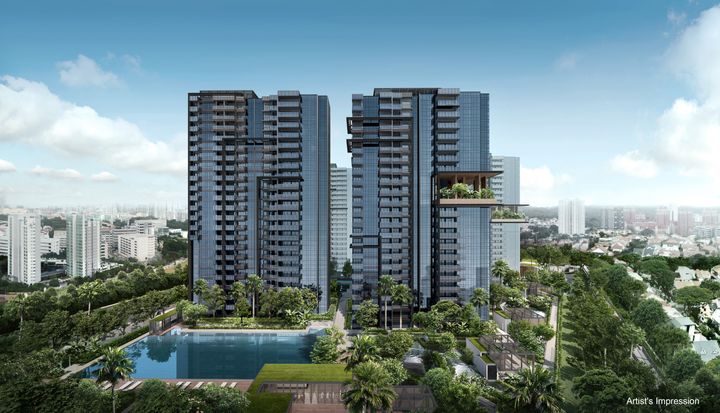5 Questions to Consider when buying a home

Understanding what questions to ask when purchasing your new home is essential for your success as both an investor and a homeowner. Here’s a breakdown of key questions to guide you through the home-buying process:
1. What’s Your Budget?
This is the most critical yet often challenging question to address. Knowing your budget helps determine what you can realistically afford.
2. Is This Your First Property?
Understanding whether you have prior experience with property ownership can influence your budgeting decisions and potential additional costs, such as Additional Buyer Stamp Duty (ABSD).
3. Are You Prepared to Pay ABSD (Additional Buyer Stamp Duty) if This is Your Second Property Investment?
It's important to know if you're ready for ABSD, which varies based on property type and residency status, as this will affect your budget planning.
4. Will the Property Be for Personal Use or Investment?
Clarifying whether you're buying for personal residence or investment purposes impacts how you allocate your budget, consider rental income, and set long-term financial goals.
5. Do You Have a Budget for an HDB, Executive Condo, or a Private Condo?
Identifying your preferred property type helps align your budget with your investment objectives and expected rental income.
These questions are designed to clarify your property investment goals, financial capacity, and risk tolerance, enabling you to make informed decisions regarding budgeting and property selection.
6. Is the Prospective Property a Good Deal?
After an extensive search within your budget, you may find a perfect property priced lower than similar condos in the area. While this may seem like a great deal, it raises questions about why the current owner is selling at a discount compared to neighboring properties. The reason for the lower price may remain unclear, introducing uncertainty about the perceived bargain.
7. When Do You Need to Buy the Property?
Understanding your timeline is crucial when considering buying and selling properties. Here are some questions to help plan your time frame:
- Do you need to sell your current home before purchasing a new one?
- Are you looking to move into your new home within the next six months?
- If you've purchased a new condo, can you accommodate potential construction delays and wait three to four years for its completion?
8. Will Property Prices Follow COE Prices?
Many people aspire to own and drive a car, but the costs associated with car ownership can be substantial. As society moves towards a car-lite culture that promotes public transportation, the expenses and convenience of traveling in Singapore become key considerations. Properties near MRT stations often command higher prices because buyers and tenants prioritize accessibility and are willing to pay more for the convenience of living close to efficient transportation networks. This trend reflects a preference for investing in housing near transportation options rather than incurring additional costs related to private vehicle ownership.
9. It’s All About Location
As mentioned earlier, the shift towards a car-lite culture emphasizes the importance of location. Properties situated near public transport hubs are increasingly sought after, as they offer significant advantages in terms of accessibility and convenience for residents.



